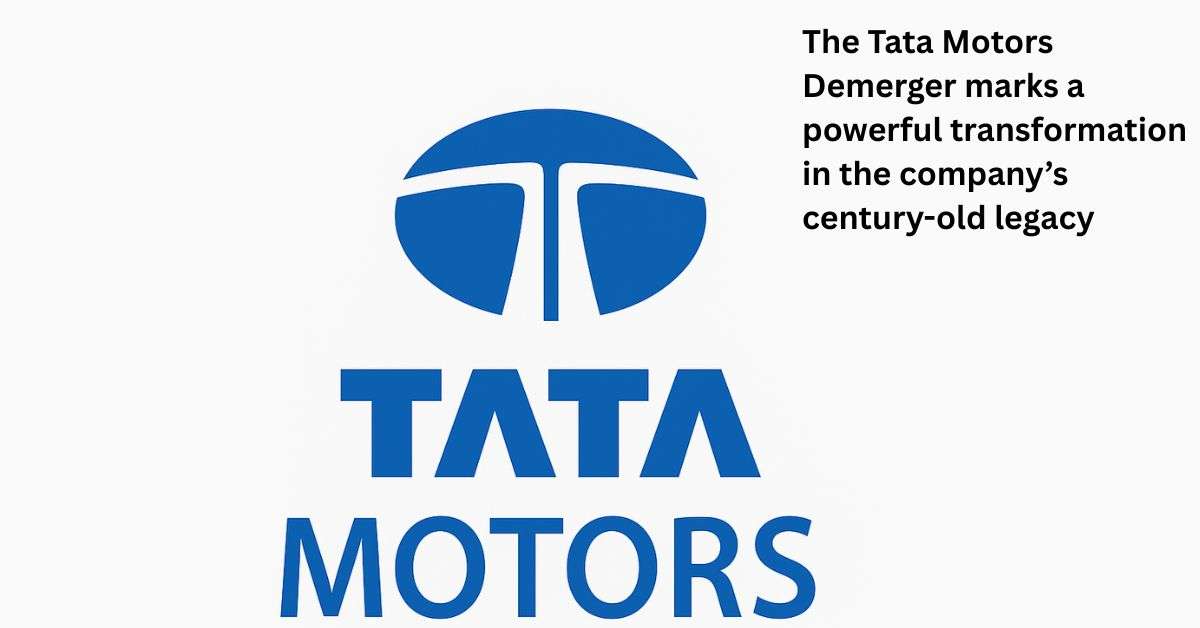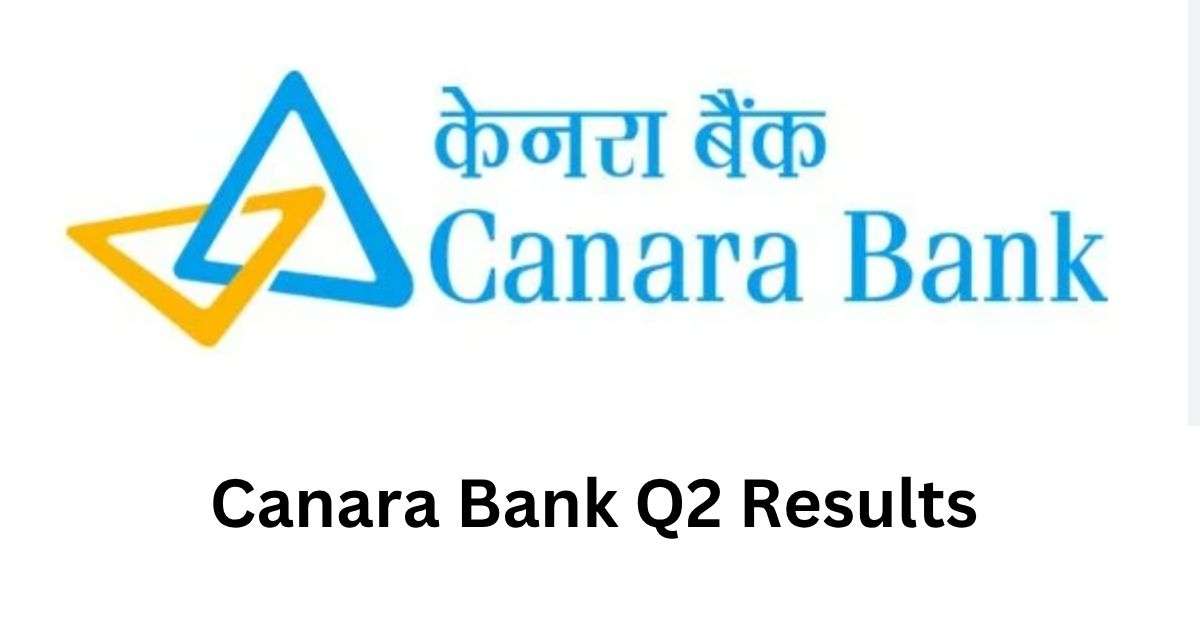After Silicon Valley Bank failed last week due to bond-related losses that mounted when interest rates rose last year, the value of banking equities has been hammered all over the world, heightening concerns about what else might be hiding in the larger banking system.

Main points:
- These losses occur despite the fact that First Republic received a $30 billion confidence deposit from 11 other banks.
- Undoubtedly, there were worries that the infusion might not be sufficient to support First Republic in the future.
- First Republic was downgraded to neutral by Atlantic Equities, which noted that the bank might require an additional $5 billion in the capital.
First Republic Bank received a deposit
A deposit injection of $30 billion from large U.S. banks on Thursday, stepping in to save the institution that had become embroiled in a growing crisis brought on by the failure of two other mid-sized U.S. lenders during the previous week.
After Silicon Valley Bank failed last week due to bond-related losses that mounted when interest rates spiked the previous year, concerns about what else might be hiding in the larger banking system have caused banking equities to decline globally.
By days, Credit Suisse, a Swiss lender, had become entangled in the market turbulence and was forced to borrow up to $54 billion from Switzerland’s central bank to maintain liquidity.
These losses occur despite the fact that First Republic received a $30 billion confidence deposit from 11 other banks.
The nation’s biggest banks said in a statement that their action “reflects their confidence in First Republic and in banks of all sizes, and it demonstrates their overall commitment to helping banks serve their customers and communities.” The group includes Goldman Sachs, Morgan Stanley, and Citigroup.
Infusion insufficient
Undoubtedly, there were worries that the infusion might not be sufficient to support First Republic in the future.
First Republic was downgraded to neutral by Atlantic Equities, which noted that the bank might require an additional $5 billion in the capital.
“Management is looking into various strategic options, some of which could involve selling the entire loan portfolio or selling off pieces of it. The scant information suggests that the balance sheet has grown significantly, which may very well require a capital raise,”, stated analyst John Heagerty.
Open Your Demat Account FREE with Discount Brokers:
ZERODHA : https://zerodha.com/open-account?c=EJ4366
or with Agelone: https://tinyurl.com/2gloc3g6








